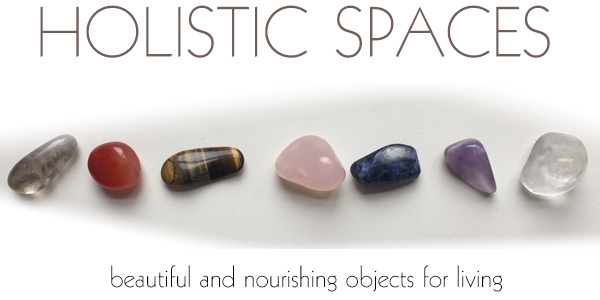We’re in a time when people are finally starting to care a little more about our environment, and we’re taking steps to ensure that it sticks around for a while. That said, some of these steps aren’t quite as helpful as they may seem, especially when all the information isn’t provided. Case in point: compostable plastic ware.
First things first, there is a misunderstanding that the words “biodegradable” and “compostable” are interchangeable. They aren’t. For an object to be biodegradable, it merely has to have the capability to be broken down organically. If something is compostable, the American Society for Testing and Materials specifies that it can be broken down according to a specific process that ultimately leads to the production of humus. What does this mean? It means compostable plastic ware isn’t dealt with in the same manner as biodegradable plastic ware, especially since the two ultimately have different uses. Since compostable plastics are eventually returned to the soil from which we derive our food and water, their decomp must produce carbon dioxide and water, leave no distinguishable difference from other compost, and produce no toxic substance, otherwise we end up eating and drinking toxicity.
So what does that have to do with the purchase and use of compostable plastic ware? First of all, purchase of compostable plastic ware, for actual composting, requires more awareness and dedication to ensuring the substantial makeup of the product. If you’re buying these to ultimately throw in landfills (I hope you’re not), the difference between biodegradable and compostable isn’t terribly important. However, if you’re buying compostable plastic ware with the intent to actually do your part and compost it, it’s important to make sure it can actually be composted and not just degraded.
Secondly, us regular environmentally aware people can’t compost compostable plastic on our own. Because of the composition of plastic ware, the processes used in a professional composting facility are extremely important to the assurance that these utensils properly degrade in order to leave no toxic substance in our soil. No matter how awesome your compost pile at home is, we can’t produce the heat necessary to compost this plastic ware in a reasonable amount of time. So if you’re going to buy compostable plastic ware, know where the closest composting facility is and whether you have access to it, as these sorts of businesses often only cater to larger companies.
Here’s the other thing: production of compostable plastic ware requires massive amounts of certain crops, including corn and potatoes, which are often grown using a system called monocropping. In short, when a farmer monocrops, he uses the exact same land over and over again to grow the exact same crop. Get it? Mono. Crop? The issue with this process is that growing in this style rapidly depletes the earth used to grow these crops, not only wearing out the soil faster, but making crops harder to grow. Lots of times this results in farmers turning to chemicals to promote growth in dilapidated fields. Is this all coming together yet? As much as many of us want to do our parts to contribute to rebuilding our planet, it seems that compostable plastic ware may not be the best route. Make sure you know what you’re buying into when you pick up that box of forks.
If you’d like to learn more about feng shui check out the Mindful Design Feng Shui certification program. Laura Morris and I are launching our program in September 2018. We have a free webinar “Five Feng Shui Tools Revealed: Must-Do Business Boosters for Soulpreneurs and Wellness Practitioners” coming up, too! To get on the list about it, sign up at: www.mindfuldesignschool.com.
Mindful Design is a new way to learn feng shui. Our unique training program takes an holistic approach to learning the art of feng shui design. Mindful design is about becoming aware, and attentive, to the energy around you: both inner and outer qi. It is about promoting a better way of living and creating sacred spaces that support, and nourish.




